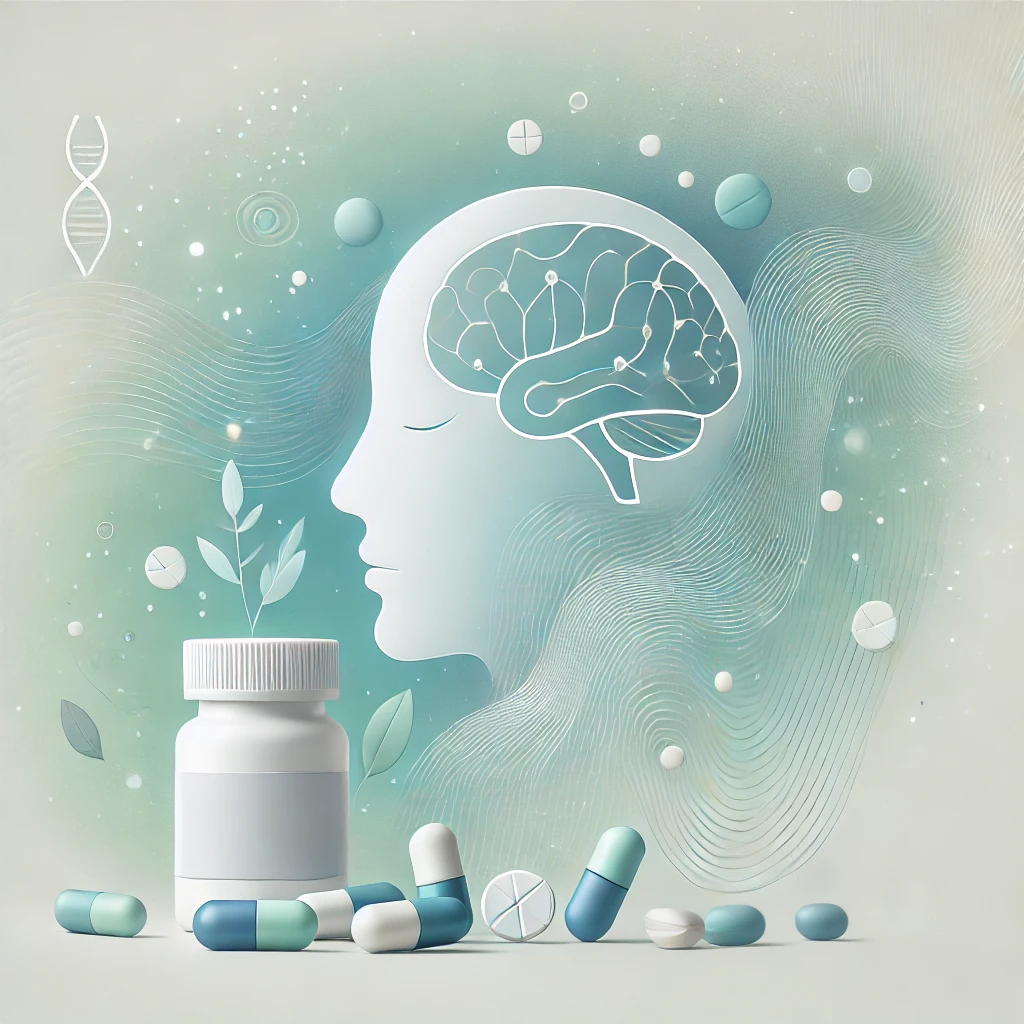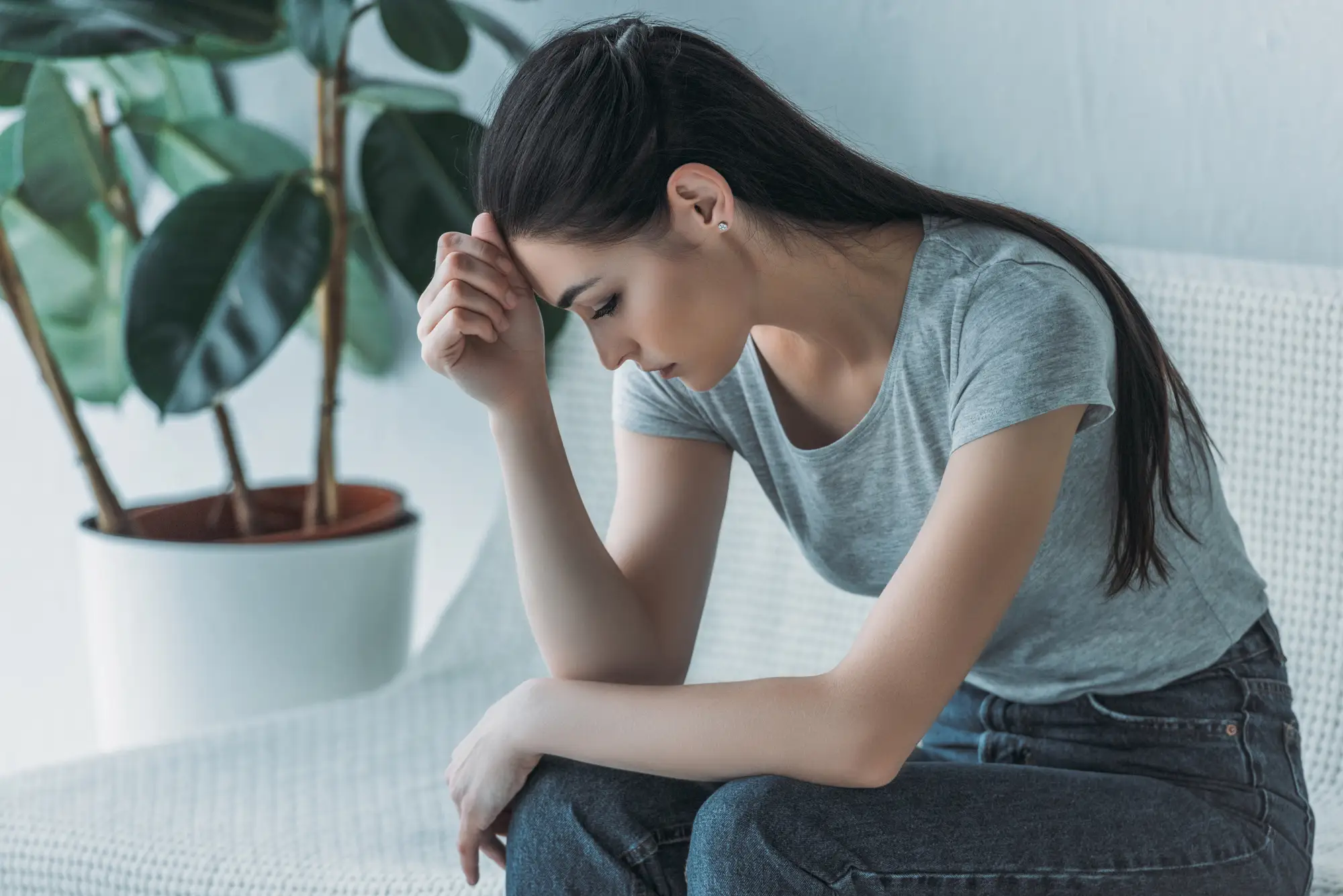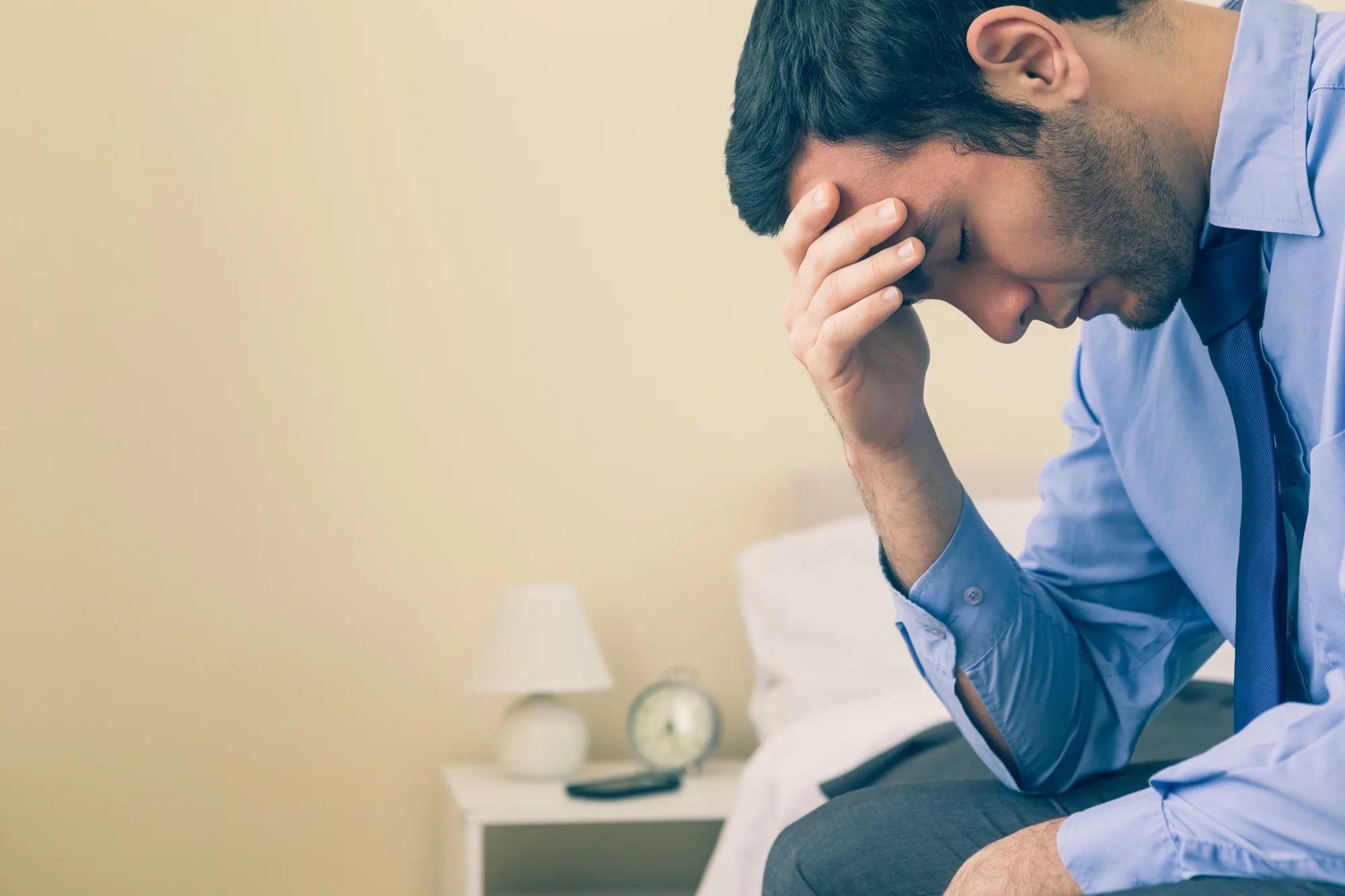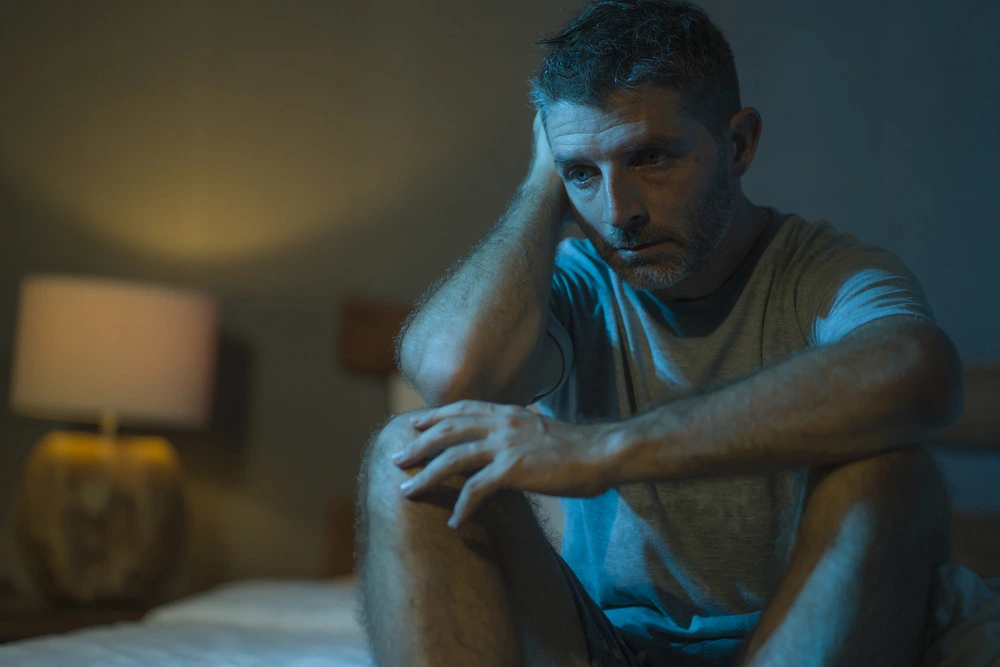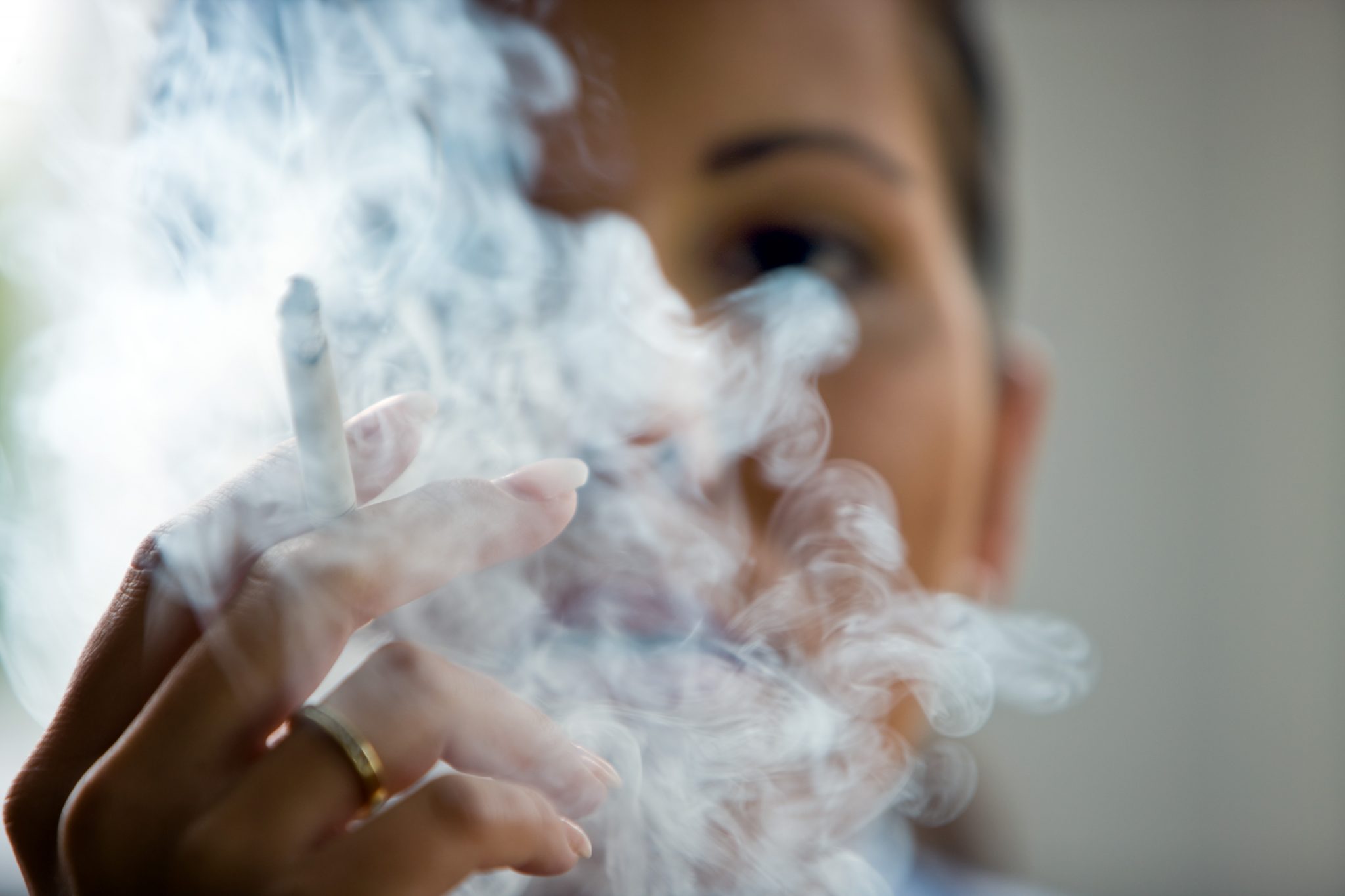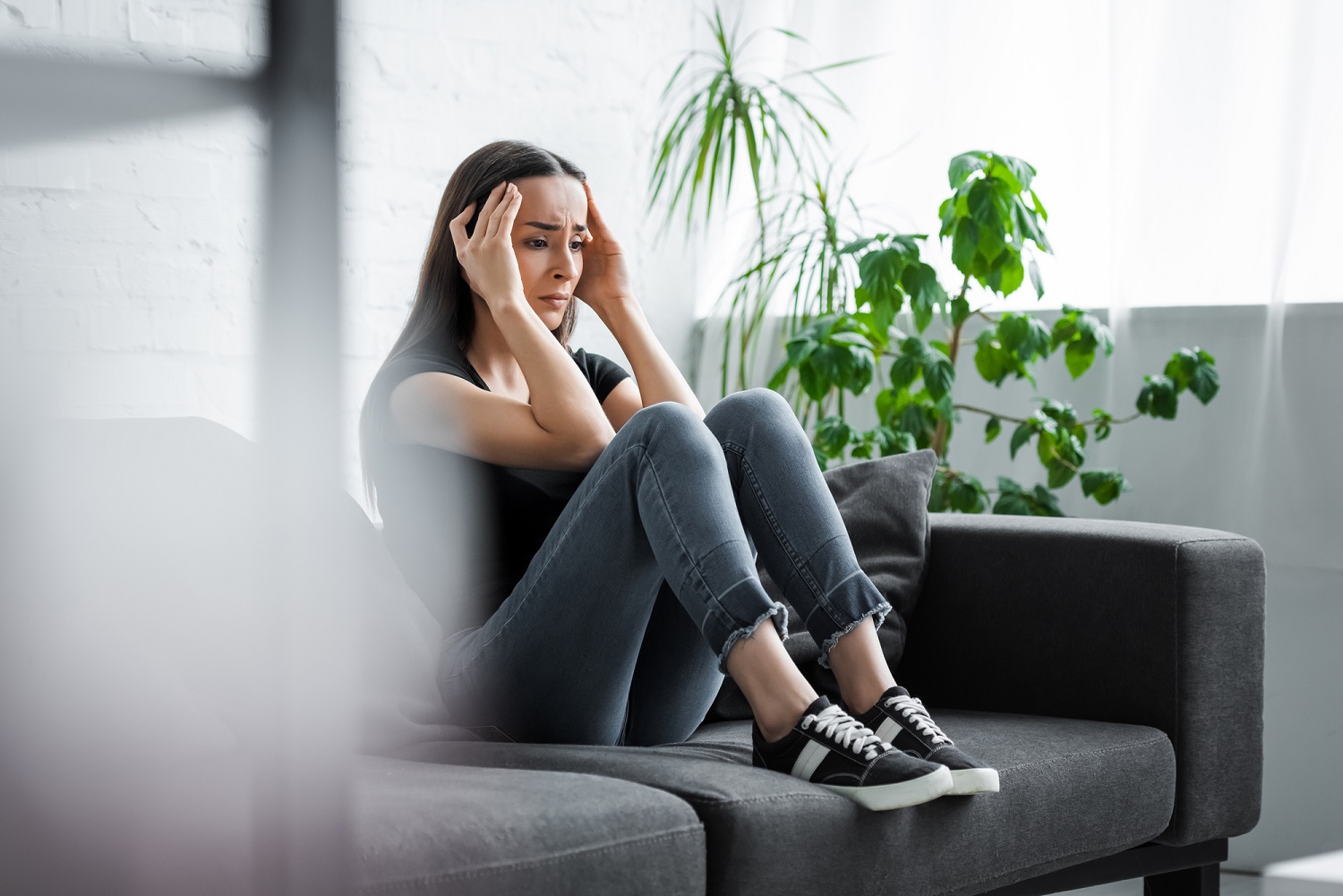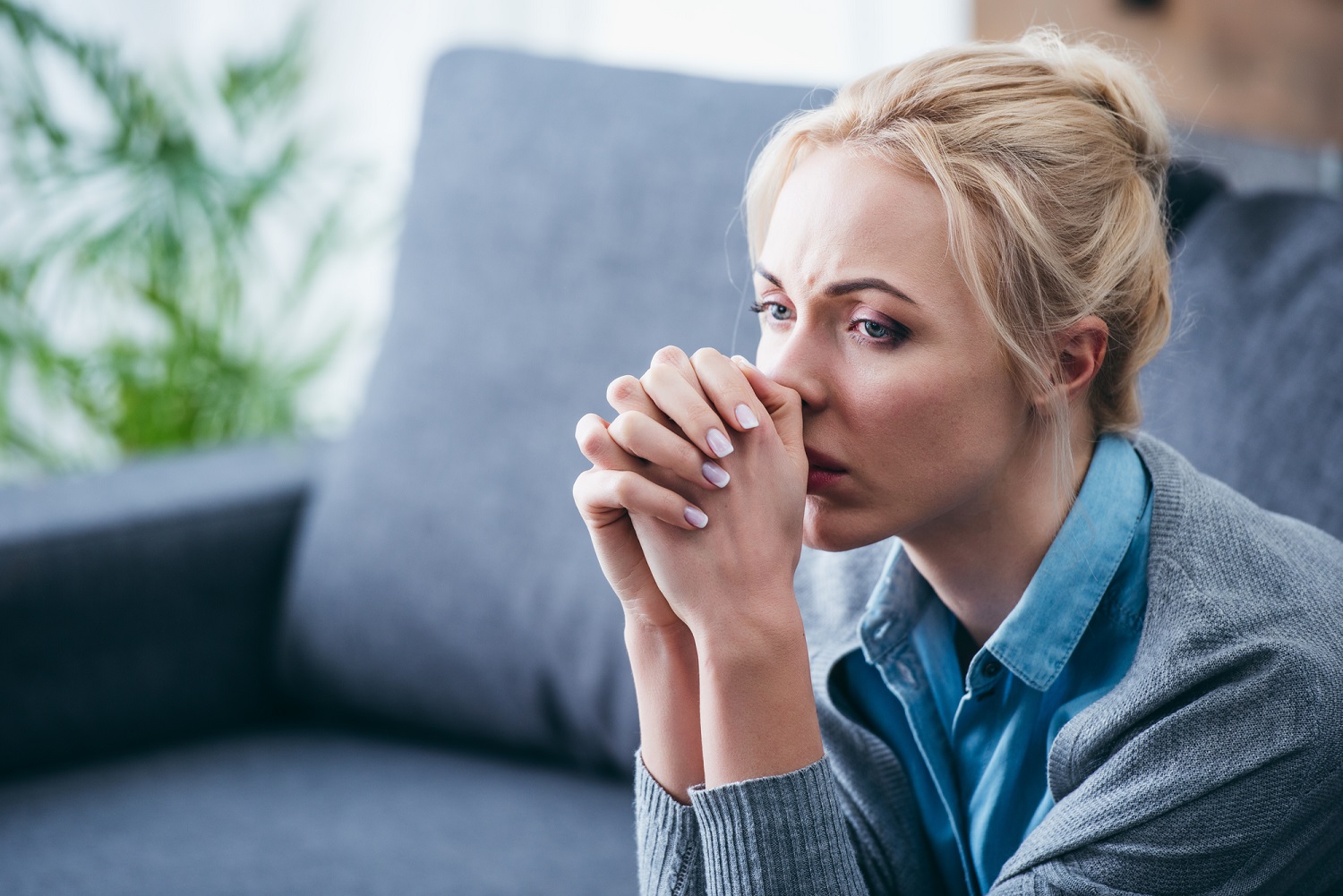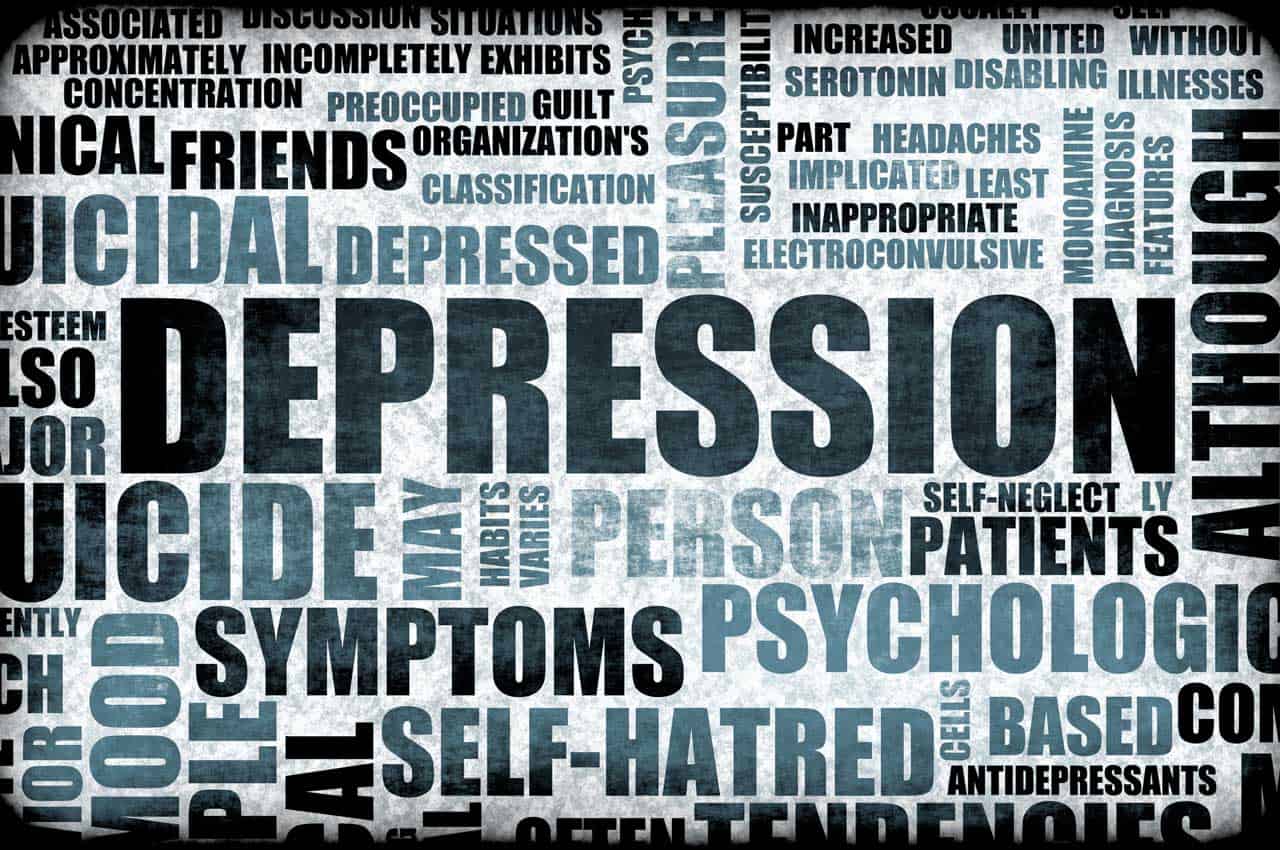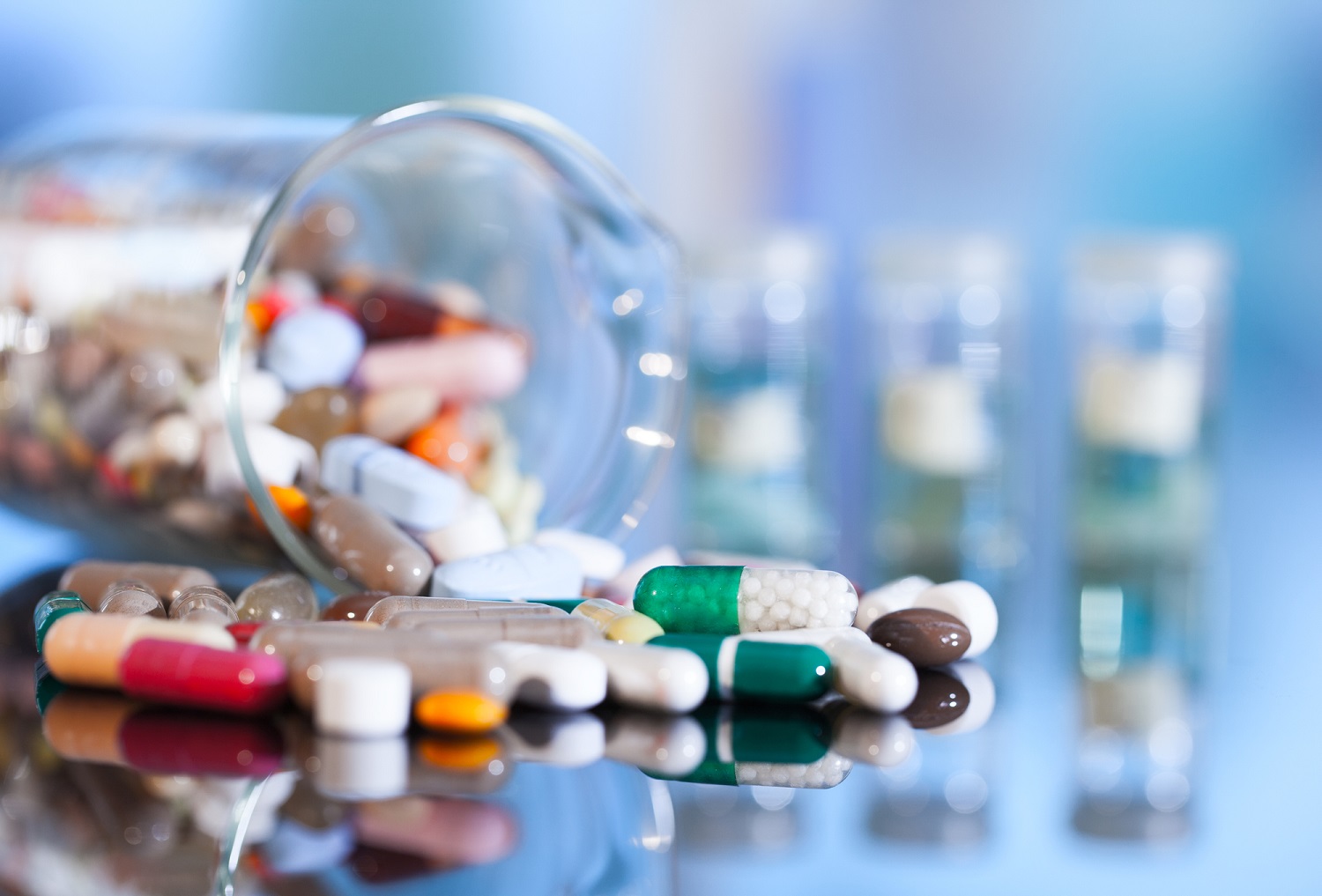While it’s normal and healthy to feel sadness sometimes, struggling with negative emotions and motivation on a regular basis may be clinical depression, a disorder that can significantly interfere with daily life and satisfaction. There are many different types of depression and mental disorders involving depressive symptoms; Dysthymia and major depression are two common and similar diagnoses for depression, and are often confused with each other. It’s important to note the differences between these disorders, especially if you think you may be experiencing depression. Getting an accurate diagnosis is critical to deciding the best treatment option.
What is Major Depression?
Major depressive disorder (MDD) is the basic definition for a depressive episode that is clinically different from healthy levels of sadness. This disorder is often also referred to as major depression, severe depression, unipolar depression, and classic depression.
With major depression, individuals typically experience symptoms almost every day for much of the day, and depressive episodes can last multiple weeks to months. Some people may only experience one depressive episode, sometimes in response to challenges or events in life, while others experience recurring depression throughout their life. To be diagnosed, five or more symptoms must be present on most days for at least 2 weeks. Symptoms of major depression include:
- Intense sadness or grief
- Lack of energy or fatigue
- Insomnia or hypersomnia
- Lack of motivation or disinterest in usual activities
- Feelings of guilt, shame, or worthlessness
- Difficulty eating or overeating
- Inability to concentrate or make decisions
- Thoughts of self harm, death, or suicide
Symptoms of MDD often have a significant impact on daily life, responsibilities, and relationships.
What is Dysthymia?
In the DSM-V, dysthymia is now referred to as persistent depressive disorder (PDD), also referred to as chronic depression. Persistent depression is typically described as less severe depression symptoms that are longer lasting. To be diagnosed with PDD, an individual must have a depressive episode that lasts for 2 years or longer. While it may not be as intense as major depression, PDD still has a significant strain on daily life. Symptoms of PDD include:
- Intense sadness or hopelessness
- Feelings of inadequacy or low self-esteem
- Lack of interest in usual activities
- Lack of energy, changes in sleeping patterns
- Changes in appetite
- Difficulty functioning at work or school
- Difficulty concentrating or memory problems
- Withdrawal from friends and family
This longer-term form of depression is often less severe than MDD; for example, people with dysthymia may experience changes in appetite, but with major depression these appetite changes may cause you to gain or lose weight. Additionally, symptoms can become more or less intense for weeks or months at a time. In fact, about 75% of people with dysthymia also experience episodes of major depression. This is known as “double depression”.
Causes and Risk Factors
Both major depression and persistent depressive disorder can be a caused by a combination of biological and environmental factors. Females are more likely to be diagnosed with either type of depression. Diagnoses can occur at any age, but PDD is often diagnosed earlier in life.
Biological contributors: Having a hereditary predisposition, or a family history of depression, can make you more at risk to develop major depression or PDD. Additionally, experiencing excessive stress can lead to changes in your brain chemistry that can influence your mood.
Environmental contributors: Experiencing a traumatic event or dealing with challenges in life, such as financial issues or the death of a loved one, can lead to a clinical depressive disorder.
Treatment Options
The treatment options available for major depression and dysthymia largely overlap, but the most effective treatment varies depending on the individual and the type of depression. Common treatment options include:
- Psychotherapy: Talking to a therapist is always the first recommended treatment for depression. Therapy helps individuals discover underlying reasons for their depression and learn ways to cope with depression symptoms. There are many different types of therapy that can help people with depression, including cognitive behavioral therapy and group therapy. Psychotherapy is typically more effective for major depression; many individuals with PDD require supplemental treatment in addition to seeing a therapist.
- Antidepressant medication: Antidepressants are often prescribed for either type of depression, and should be used as a supplement to therapy that can help alleviate daily symptoms. Common antidepressants include SSRIs, SNRIs, and TCAs.
Bespoke Treatment offers transcranial magnetic stimulation and ketamine therapy as alternative treatment options for both persistent depressive disorder and major depression. Both TMS and Spravato (the esketamine nasal spray) are FDA-approved for treatment-resistant depression, or cases of depression that haven’t responded to other treatment methods. These options are clinically more effective than traditional antidepressant medications, have fewer side effects, and can offer lasting symptom relief.


